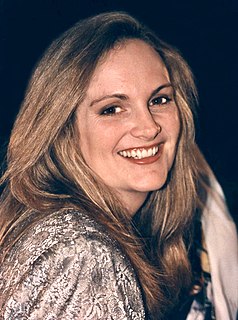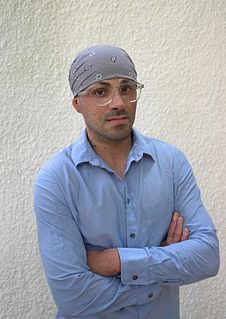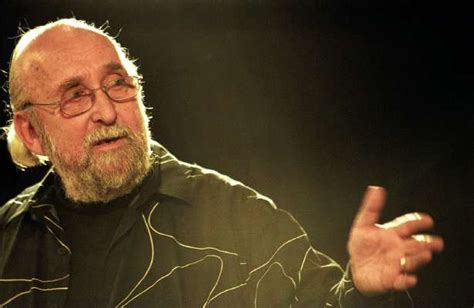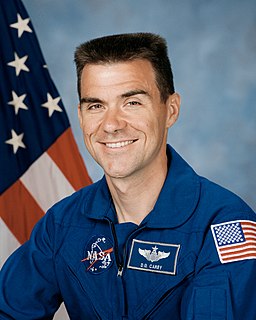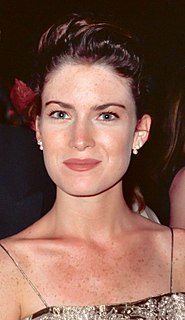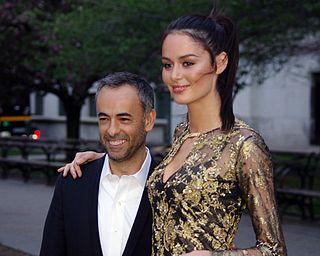A Quote by Patty Hearst
And you probably remember all of those papers and documents that they had published in the newspapers. And, you know, when you look at that, it really was their own little jihad that they had going. It just wasn't taken very seriously then.
Related Quotes
Suppose you had inherited the same body and temperament and mind that Al Capone had. Suppose you had had his environment and experiences. You would then be precisely what he was. . . . For it is those things - and only those things - that made him what he was. . . . You deserve very little credit for being what you are - and remember, the people who come to you irritated, bigoted, unreasoning, deserve very little discredit for being what they are.
The papers that flourish will be papers that serve a national audience. Papers that have figured out how to make the transition to the electronic platform that aren't simply providing a duplicate experience of the words on paper experience, but are doing something that arises organically from the new electronic medium. It's really just a matter of finding the right platforms for the way people want to read newspapers. I mean, maybe it will be the iPhone. But one way or another, newspapers on paper are just not really going to exist to any significant degree within a decade.
When I was starting out, conceptual photography had become something that had to be amateur - like, that had to be black-and-white, or photocopied, or really not an object in order to be taken seriously. It had to work against technical mastery, and so on. So I think that my work is full of obstacles in the sense that it does look highly familiar and accessible. It does look like it's already "solved at first sight." It does look like it's part of a larger industry.
In America, there's a very long tradition of a comic strip that comes in newspapers, which is not true all over the world. To sell papers, they put color comics in. It's worked, up until now. Now these papers can't afford it. They always had minuscule ad budgets, and now the things which people probably read these papers for are gone.
I remember as a little girl going down to the beet fields in the Dakotas and in Nebraska and Wyoming as migrant workers when I was very, very small, like, I was, like, 5 years old, I believe. And I remember going out there, you know, traveling to these states and living in these little tarpaper shacks that they had in Wyoming.
"There is no analysis here," the most brutal of them wrote. Now I wonder if my papers lacked critical thought, or if it was really more about my inability/refusal to write in the convoluted style that they wanted me to. I remember the initial shock upon reading my peers' papers. I seriously could not understand them, and I couldn't understand why the writing had to be so unclear in order to be considered smart.
There were choices that we've made as a Little Dragon, that we had to make at the time because we needed the money. I think everything has its context. It is way easier to say no to things now then it was five years ago, for sure. Back then we were grabbing at every opportunity we could just to sustain a name and let people know, "Hello, hello! We're here! Look at us!" It's really sort of taken its time and grown, and it's been a very step-by-step process.
I didn't know who Calvin Klein was, really. But Brooke Shields, we knew her from those incredible commercials - "There's nothing between me and my Calvins." I knew very little about American fashion then. I had no money, and Charivari was very educational to me. And Parachute. I was fascinated by those stores. I couldn't buy anything; I just went through the clothes.
I just remember watching Federer the first year he won Wimbledon. He was struggling with his back problem. I remember it vividly. It looked like there was a chance he was not going to finish. He had that look in his eye. Then, somehow, he found the wherewithal to dig a little deeper, and suddenly he wins the thing, and he's a different player.
